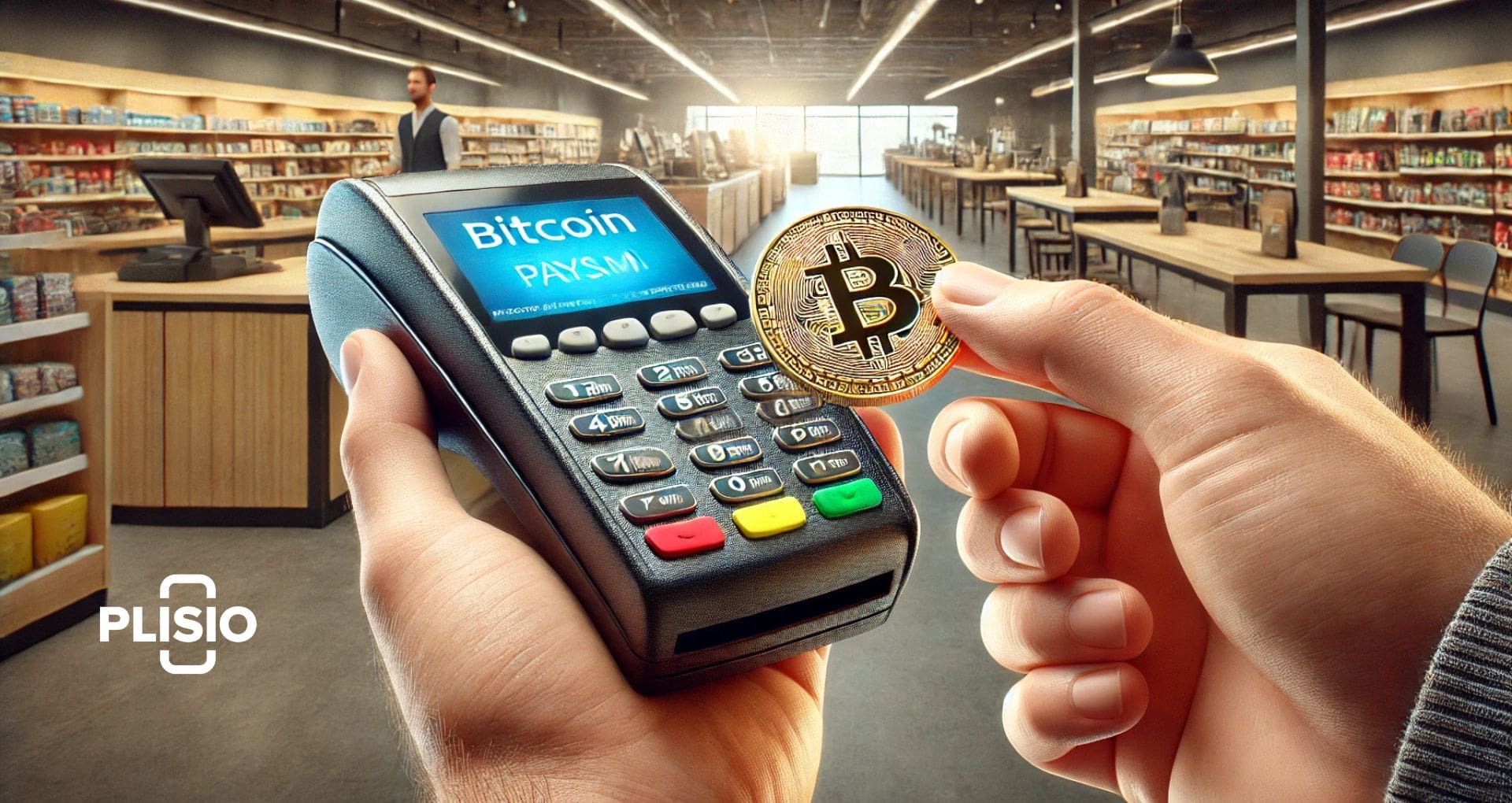Why Everybody Should Consider Accepting Crypto Payments In 2025

Do you feel like crypto has been in the news almost ceaselessly in the last few years, especially since 2025 began? That’s for good reason. This tech has been slated, praised, scoffed at, idolized. Whatever your feelings on it, though, there’s little doubt that it’s now a big player in today’s world. A lot of businesses, though, are still ignoring crypto and refusing crypto payments. There are plenty of valid reasons for this - after all, getting it set up is somewhat complicated and there may not seem to be great reasons to invest the time and energy to do this - but there are even more valid reasons to consider adding crypto to the payment methods you’ll accept.
Ultimately, what payment options you offer comes down to a balance between the business’s needs and your customers’ preferences. If your customers all want to use PayPal rather than inputting their bank details - well, you start to offer PayPal, don’t you? So if the bulk of your customer base is moving into crypto… the solution is clear.
So why do we think crypto is the next payment option to consider? What’s giving it such an edge over the tried-and-tested traditional options? Let’s dig in.
Supreme Security
You’ll no doubt have heard that cryptocurrency tends to be more secure, but a lot of people don’t realize why this is or why it matters. Let’s start there!
Cryptocurrencies use a piece of technology called the blockchain. The blockchain works using a public network of computers. Each computer in the network holds a digital ledger that records transactions, and when a transaction is made, the ledger gets updated. The “blocks” hold the information and are linked up in a “chain” (and it’s not going to surprise you where this idea got its name from…). The whole thing is decentralized and public.
So how does all that enhance safety? Well, if you want to tamper with a block and change its data, you can’t just tamper with the block on one computer. No! You’ve got to tamper with every block on every computer and make sure they match… and that’s virtually impossible. The networks are vast and keep permanent records. Mess with something and it’s going to be very obvious that fraud is going on. That means the blockchain is serious about security, and - until we get into quantum computing at least - pretty much unhackable.
And more and more people are starting to care about that. Cybercrime is huge these days. A single ransomware attack costs an average of $1.85 million - eye-watering and potentially business-ending. The same source tells us that it could be costing about $24 trillion worldwide by 2027. With those figures in mind, it’s little wonder individuals and businesses alike are on a mission to minimize cyber risks, especially when it comes to their financial details… and that leads us straight to blockchain tech and cryptocurrency.
Indeed, that’s why so many institutions that handle financial data, regardless of why and how, are turning to crypto and offering it to their users! The casino industry is a superb example of this; it’s always been known for setting a gold standard when it comes to security, and its burgeoning relationship with crypto is no exception there.
Take a Bitcoin casino - here, players don’t need to put in their bank details, don’t need to share who they are or where they live. They can simply link up their digital wallet with the casino and both payments and winnings will flow smoothly with almost no risk. If you play at Bovada Bitcoin casino, you’ll see how this kind of setup can enhance the gameplay, leaving you to focus on enjoying your gaming session without having to worry about your details being compromised. It makes a big difference to have that back-of-the-mind concern eliminated!
And other businesses can tap into precisely that same setup, reassuring their users that no matter what happens, their funds are going to remain safe because they’re backed up by blockchain technology.
Improved Image
We know how much reputation matters for businesses these days. The image you present has a huge impact on who deals with you and how loyal your customers are. But a lot of businesses don’t realize crypto can be a part of that image. If you’re still focusing on whether your office is swish enough or whether you insist on professional attire for your non-remote folks, you’re missing out on a huge thing: online reputation. Those interacting with your business digitally aren’t going to care a jot whether you’ve got glass paneling, open concepts, suits and ties, or tye-dye Fridays. They care about your digital face… and crypto matters here too.
Now to be clear, we’re not saying adding crypto to your payment options is going to rewrite the online face of your business! There’s a lot to think about here, and we can’t stress how critical it is to turn your attention to it. 91% of people trust what the search engine results show them so make sure you’re really focusing on this, but don’t make it your only consideration.
Adding crypto to your platform says - in very simple terms - hey, we’re a future-focused, tech-savvy, security-aware, consumer-centered business. It says you care about your customers’ online safety, it says you’re up-to-date with latest tech trends, it says you know cybercrime is a concern for all, and it says “hey, your payment preferences matter.” That’s exactly the message that online casinos sent when they began accepting crypto - and you can do it too.
It’s a great way to elevate your business’s image. Learning about the different kinds of crypto available, from memecoins to utility coins, and implementing them in your business model is therefore one of the top ways to be future-ready and focused on your customer’s needs.

